Modular Garage Flooring (RaceDeck, etc.)
18 years ago
Related Stories
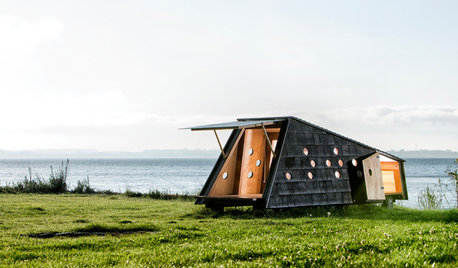
SMALL SPACESTiny Huts, Cabins and Modular Houses for Remote Living
City living got you down? Take shelter in the countryside in one of these latest designs fit for out-of-the-way living
Full Story
VACATION HOMESA New Prefab Floating Home: Just Add Water
With Friday’s FloatWing prefabricated modular units, life on a boat just got a little easier
Full Story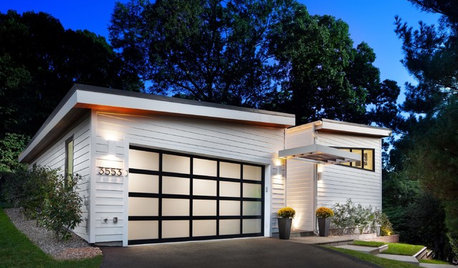
GARAGESKey Measurements for the Perfect Garage
Get the dimensions that will let you fit one or more cars in your garage, plus storage and other needs
Full Story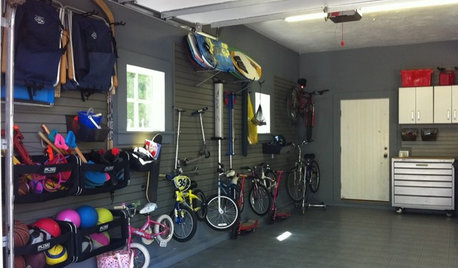
GARAGES8 Clutter-Busting Garage Storage Solutions
Never trip over tools or bumble through boxes again. These organizers, cabinets, shelves and boards will keep your garage neat and clear
Full Story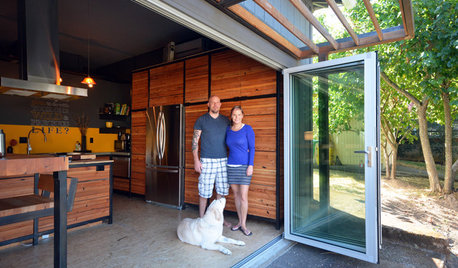
MY HOUZZHouzz TV: A Couple’s Garage Becomes Their Chic New Home
Portland, Oregon, homeowners find freedom in a city-approved garage home with DIY industrial flair
Full Story
DIY PROJECTSStorage Shortage? Make an Industrial-Style Shelving Unit
Outfit your kitchen, basement or garage with handy new shelves to help keep your stuff neat and within reach
Full Story
MODERN ARCHITECTUREPrefab Homes Expand Modern Design's Reach
A new book shows how innovative modules are giving homeowners more modern options than ever
Full Story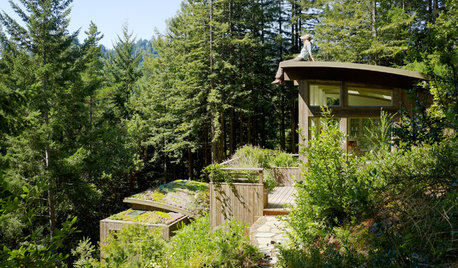
REMODELING GUIDESLiving Roofs Crown Green Design
Living roofs save energy, improve air, water, curb appeal — and the view from above doesn't hurt either
Full Story
REMODELING GUIDESMaterial Choices: High Marks for Reinforced Concrete
Try poured-in-place construction for a wonderfully tactile, industrial look
Full Story





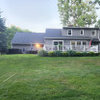

oruboris
ItsNeverFinishedOriginal Author
Related Discussions
Epoxy Vs. Modular Garage Floor System? Help!
Q
Cost of Modular (Florida)
Q
New construction.. Trying to decide on what flooring for garage..
Q
MotoFloor Modular Garage Flooring Tiles 48 square feet per Box 1' x 1'
Q
gscottm_yahoo_com
stimpsy
MongoCT
sharonlong
kai402_hotmail_com